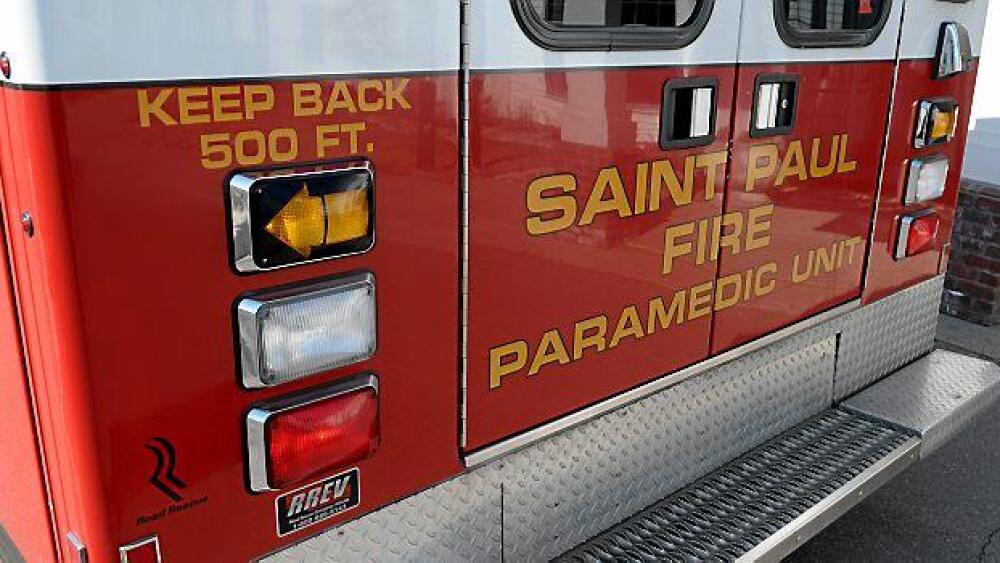By Mara H. Gottfried
Pioneer Press
ST. PAUL, Minn. ‚ÄĒ The St. Paul City Council approved a $295,000 settlement Wednesday to a man who against the city.
Ahmed Ali, now 86, said firefighters who responded to a 911 call in 2022 disregarded ‚Äúobvious signs‚ÄĚ that he‚Äôd had a stroke and told him the emergency room was full of COVID patients. The city‚Äôs firefighters are paramedics and emergency medical technicians and respond to emergency medical calls in St. Paul.
Ali continued to have strokes through the night and his son took him to the emergency room the next morning, his lawsuit said.
‚ÄúThe paramedics‚Äô failure to get Ali to the emergency room, where (medication) could be administered, resulted in permanent damage to Ali‚Äôs brain and body,‚ÄĚ the lawsuit alleged.
An internal investigation was closed with no discipline, according to St. Paul City Attorney Lyndsey Olson . The city‚Äôs staff ‚Äúfollowed policy and protocol,‚ÄĚ and they reached a settlement with Ali ‚Äúto avoid the expense and uncertainty of continued litigation,‚ÄĚ Olson said.
The settlement was on Wednesday’s City Council consent agenda, which is made up of items that are approved without separate discussion.
©2024 MediaNews Group, Inc.
Visit at .
Distributed by















